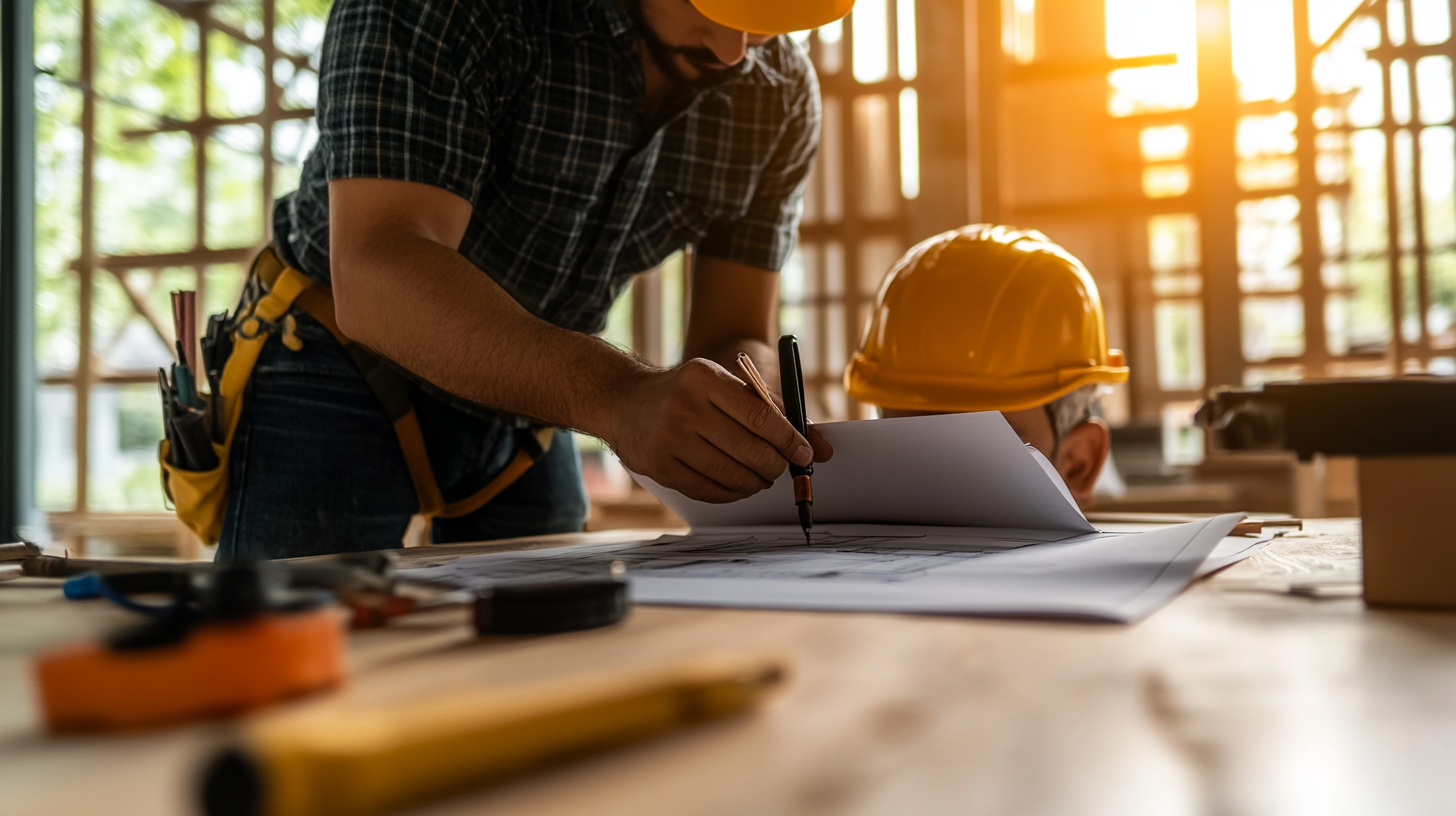Renovating or developing a property can be an exciting venture with the potential for increased property value and rental returns. However, such projects come with unique risks. From unexpected damage to costly delays, unforeseen events can disrupt even the best-laid plans. That’s why having a dedicated renovation and development insurance policy is essential for safeguarding your investment and ensuring a smooth project, regardless of any challenges. This article will explore the coverage provided by renovation and development insurance, its importance, and tips on choosing the right policy for your UK property improvement project.
What is Renovation and Development Insurance?
Renovation and development insurance is a type of property insurance designed for buildings undergoing significant improvements, structural changes, or development. Unlike standard home insurance, which often excludes coverage during construction or renovation, this specialized policy addresses the unique risks associated with such projects, including structural damage, equipment theft, and third-party liability.
Renovation and development insurance typically covers:
- Property Damage: Protection against accidental damage to the property during the renovation process. For more on property damage coverage, see the Association of British Insurers (ABI) guide.
- Theft and Vandalism: Coverage for theft of materials, tools, or equipment stored on-site, as highlighted by the UK Government’s crime prevention tips.
- Public Liability: Financial protection in case third parties are injured or their property is damaged due to renovation activities. Learn more about liability insurance from Aviva’s public liability coverage.
- Employer’s Liability: Required by law if you employ contractors or laborers, covering injuries sustained on-site. More on employer’s liability can be found on the UK Government’s website.
- Tools and Equipment: Coverage for the tools and machinery used in the renovation, often at risk of theft or damage. Zurich provides insights into tool insurance options.
Why Renovation and Development Insurance is Essential
- Standard Insurance LimitationsMost standard home insurance policies do not cover properties undergoing significant structural work or renovations. This means that damage, theft, or liability issues that arise during renovation are usually excluded. Without a renovation-specific policy, property owners may face substantial financial losses. The Money Advice Service provides more information on standard insurance limitations.
- Protection Against Unforeseen RisksRenovations often come with unpredictable risks, including fire, water damage, and structural issues. Renovation and development insurance provides peace of mind by covering unexpected incidents that could affect your project’s timeline and budget. For more on managing construction-related risks, see Hiscox’s construction insurance guide.
- Compliance with Lender RequirementsIf you’re financing the renovation or development through a loan, your lender may require specific insurance coverage to protect their investment. Without renovation insurance, lenders may refuse to release funds, potentially halting your project. For additional insights, Nationwide’s lending policies offer information on insurance requirements.
Key Coverages in Renovation and Development Insurance
Understanding the types of coverage available helps you choose a policy that suits your project’s needs.
| Coverage Type | Description |
|---|---|
| Property Damage | Protects against accidental damage to the property, such as from construction errors, weather, or other unforeseen incidents. More details can be found at ABI. |
| Theft and Vandalism | Covers theft or vandalism of materials and equipment stored on-site. For tips on securing construction sites, see UK Crime Prevention. |
| Public Liability | Financial protection if third parties are injured or their property is damaged due to renovation activities. Learn more at Aviva. |
| Employer’s Liability | Required if contractors are employed on-site, covering injury claims. Details available on GOV.UK. |
| Non-Negligent Liability | Covers structural damage unintentionally caused to neighboring properties. See Hiscox for more details. |
| Tools and Equipment | Insurance for tools and machinery used on-site. Zurich offers tool insurance insights. |
| Alternative Accommodation | Provides for temporary housing if the renovation makes the property uninhabitable. More information at Direct Line for Business. |
How Much Does Renovation and Development Insurance Cost?
The cost of renovation and development insurance depends on several factors:
- Project Scope and Duration: Larger or complex projects usually incur higher premiums.
- Property Value: Higher-value properties require more coverage, impacting premium rates.
- Location: Properties in urban areas may have different risks (e.g., theft), affecting premiums.
- Condition of the Property: Older properties or those with existing structural issues may present additional risks, leading to higher premiums.
Estimated costs can range from £500 to £2,500 or more, depending on these variables. For more information on insurance costs, the Money Advice Service provides general guidance on property insurance premiums.
Choosing the Right Policy for Your Project
When selecting a renovation insurance policy, consider the specific needs of your project and look for a provider that offers flexibility. Here are some tips:
- Policy Flexibility: Choose a provider that allows adjustments as the project progresses, especially for larger renovations. See Simply Business’s flexible policy options.
- Coverage Limits: Ensure coverage limits align with the total value of the project, including labor and materials. Hiscox’s policy customization options may be a good reference.
- Exclusions and Restrictions: Review policy exclusions to avoid surprises. For instance, some policies exclude hazardous materials or specific types of structural work.
- Provider Reputation: Opt for reputable providers with experience in renovation and construction insurance. Check ratings on platforms like Trustpilot.
Tips for Minimizing Insurance Claims During Renovation
Preventing accidents on-site can help reduce the likelihood of claims, potentially lowering your premiums over time. Here are some practical tips:
- Implement Strict Safety Standards: Make sure all workers follow safety protocols. The Health and Safety Executive (HSE) provides guidance on construction site safety.
- Secure Storage: Store high-value materials and tools in secure locations on-site. Refer to the UK Crime Prevention collection for additional tips.
- Regular Inspections: Conduct frequent inspections to spot potential hazards early.
- Clear Communication: Maintain open communication with contractors to ensure alignment on project requirements and safety practices.
Frequently Asked Questions
1. Is renovation and development insurance mandatory?
While not legally required, it’s highly recommended, especially for larger projects involving structural work. Some lenders may also mandate it as a condition for financing.
2. Can I use my standard home insurance for renovations?
Standard home insurance typically does not cover properties undergoing significant renovations. A specialized renovation insurance policy is recommended.
3. What if my project timeline changes?
Many providers offer flexible policies that can be extended. Inform your provider as soon as possible to avoid gaps in coverage.
Conclusion
Renovation and development insurance is crucial for property improvement projects, providing protection that standard home insurance cannot. From covering materials and equipment to managing liabilities and accidental damage, this type of insurance ensures that your investment is safe throughout every stage of renovation. By choosing a policy that suits your project’s unique needs, you can proceed with confidence, knowing that your property improvement project is well-protected.

